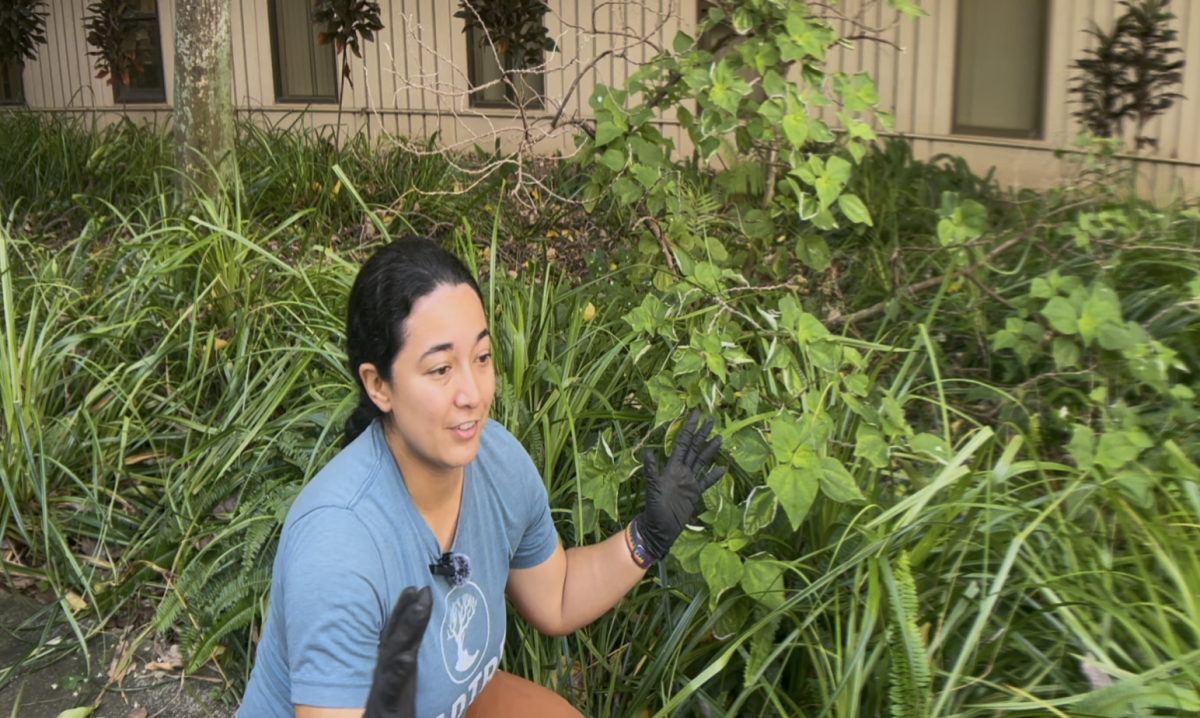The shaka is just about to become Hawai‘i’s official state gesture, making it the first state gesture in the country and also acknowledging the shaka’s deep cultural importance throughout the state’s history.
The state legislature recently passed both House Bill 2736 and companion Senate Bill 3312 about this issue, with only the governor’s approval as the final step to enshrining the shaka into law.
For Steve Su, writer and producer of the shaka documentary “Shaka: A Story of Aloha,” this is a natural next step.
“The shaka is probably the best visual symbol of the state,” Su said. “The word aloha doesn’t actually turn into a symbol. The word aloha is an intellectual construct, that is a word. And so how do you manifest aloha symbolically? It’s usually a shaka.”
Su drafted the bill with the help of Sen. Glenn Wakai, who then introduced it into this year’s legislative session. For Su, the law would be an ironclad way of keeping the shaka Hawaiian, lest it go the same way as other important cultural markers here, such as surfing.
“California named surfing their state sport, which was kind of an affront to Hawai‘i because it was invented here,” Su said. “If you were legit in surfing in the ’70s and ’80s, that meant you had to go to the North Shore and ride the big waves. … You’d have to come here and earn your stripes, and if you left here with stripes, you’re sort of, like, ‘Yeah, I’m cool to use the shaka because I’m part of Hawai‘i.’”
And it’s not just surfing, as many cultural Hawaiian touchstones have faced co-optation by mainland entities in recent years. In 2018, for example, the owners of the Chicago-based poke restaurant Aloha Poke Co. sent cease-and-desist letters to restaurateurs with similar-sounding names to respect their business trademark of the term “aloha poke,” despite aloha being a cultural Hawaiian concept and a common term in many existing businesses.
Similarly, the shaka appears as a sort of pride symbol for several schools on the mainland. It’s a commonly seen hand gesture of the Islander, the official mascot of Texas A&M–Corpus Christi. Brigham Young University also makes use of the gesture, representing the “Y” in BYU, as does the University of Texas at El Paso.
“I challenge anybody to walk into an ABC store and not see a shaka,” Su said. “I could go online and probably count 100 stores that are selling shaka stickers. And that, to me, is a great thing because it allows for jobs and prosperity here.”
“We have 200+ other bills that are monumental and significant,” said Wakai, referring to the argument that the focus on this bill distracts lawmakers from other pressing legislative efforts. “If we’re all having a meal, it’s not the meat and potatoes of this session. This is a cauliflower on the side that helps balance everything out and brighten up the plate.”







